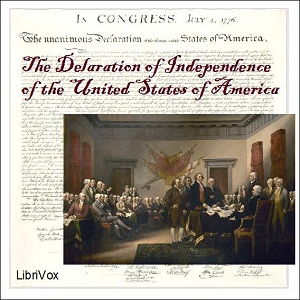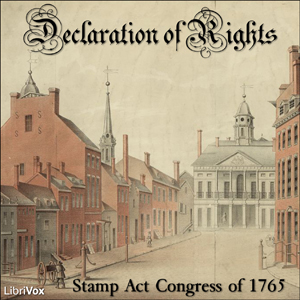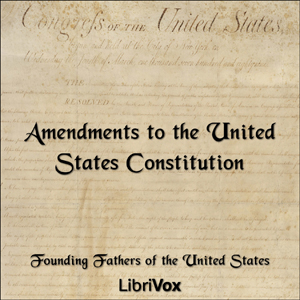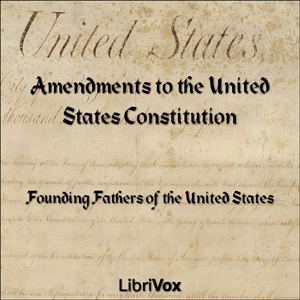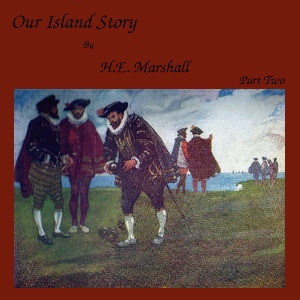- The World in Space
- The World in Time
- The Beginnings of Life
- The Age of Fishes
- The Age of the Coal Swamps
- The Age of Reptiles
- The First Birds and the First Mammals
- The Age of Mammals
- Monkeys, Apes and Sub-Men
- The Neanderthaler And the Rhodesian Man
- The First True Men
- Primitive Thought
- The Beginnings of Cultivation
- Primitive Neolithic Civilizations
- Sumeria, Early Egypt And Writing
- Primitive Nomadic Peoples
- The First Sea-Going Peoples
- Egypt, Babylon And Assyria
- The Primitive Aryans
- The Last Babylonian Empire and the Empire of Darius I
- The Early History of the Jews
- Priests and Prophets in Judea
- The Greeks
- The Wars of the Greeks and Persians
- The Splendour of Greece
- The Empire of Alexander the Great
- The Museum and Library at Alexandria
- The Life of Gautama Buddha
- King Asoka
- Confucius and Lao Tse
- Rome Comes into History
- Rome and Carthage
- The Growth of the Roman Empire
- Between Rome and China
- The Common Man’s Life Under the Early Roman Empire
- Religious Developments Under the Roman Empire
- The Teaching of Jesus
- The Development of Doctrinal Christianity
- The Barbarians Break the Empire into East and West
- The Huns and the End of the Western Empire
- The Byzantine and Sassanid Empires
- The Dynasties of Suy And Tang in China
- Muhammad and Islam
- The Great Days of the Arabs
- The Development of Latin Christendom
- The Crusades and the Age of Papal Dominion
- Recalcitrant Princes and the Great Schism
- The Mongol Conquests
- The Intellectual Revival of the Europeans
- The Reformation of the Latin Church
- The Emperor Charles V
- The Age of Political Experiments; of Grand Monarchy and Parliaments and Republicanism in Europe
- The New Empires of the Europeans in Asia and Overseas
- The American War of Independence
- The French Revolution and the Restoration of Monarchy in France
- The Uneasy Peace in Europe that Followed the Fall of Napoleon
- The Development of Material Knowledge
- The Industrial Revolution
- The Development of Modern Political and Social Ideas
- The Expansion of the United States
- The Rise of Germany to Predominance in Europe
- The New Overseas Empires of the Steamship and Railway
- European Aggression in Asia, and the Rise of Japan
- The British Empire in 1914
- The Age of Armament in Europe, and the Great War of 1914-18
- The Revolution and Famine in Russia
- The Political and Social Reconstruction of the World
- Chronological table
A Short History of the World is a non-fictional historic work by English author H. G. Wells, largely inspired by Wells's earlier 1919 work The Outline of History. The book summarises the scientific knowledge of the time regarding the history of Earth and life. It starts with its origins, goes on to explain the development of the Earth and life on Earth, reaching primitive thought and the development of humankind from the Cradle of Civilisation.The book ends with the outcome of the First World War, the Russian famine of 1921, and the League of Nations in 1922. In 1934 Albert Einstein recommended the book for the study of history as a means of interpreting progress in civilisation. - Summary adopted from Wikipedia
There are no reviews for this eBook.
There are no comments for this eBook.
You must log in to post a comment.
Log in


